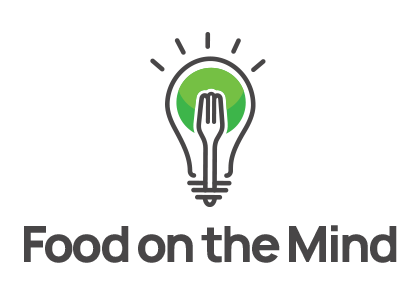Impact vs intent
I’m getting my stuff together to go jump in a car and spend the weekend with my friend Ben secluded in the mountains of North Carolina. While I haven’t felt overly isolated by the pandemic I am really excited about seeing a real live friend for the first time since March in some other capacity than a Zoom call or podcast. So I naturally woke up in the middle of the night thinking about something he speaks on often: impact vs intent. In the realm of fitness and nutrition we see camps pop up based around certain parameters: counting macros, ad libitum diets(keto or veganism, HAES or anti-diet. People search out nutritional protocols because they are looking for impact; people want change. But practitioners often get mired in intent.
There are plenty of well meaning yet dangerous practitioners who are focused on intent. They want to heal the world. Fix trauma. Or fulfill their personal mission to impose their values upon the masses. The problem with this intent is that it is often rooted in emotional bias that can be blinding. We might ignore potentially impactful strategies because they feel manipulative or Machiavellian if we are hyper focused on a certain behavioral model. We might ignore the importance of carbohydrates in an athletic population because we lost a bunch of weight on keto. We might dismiss the importance of dietary fat in or energy availability in athletic women because we subscribe to a model of sustained caloric deficit. Or we might be tempted to play arm chair psychologist in our desire to save the world. Our biases can be at once limiting and risky.
As practitioners, we should be looking for impact. We should be looking for strategies that help our clients achieve their goals. Within reason of course. We should never violate our values or endanger the health and safety of a client. First, do no harm. But I take that as a given. We should always be operating under those parameters.
So what are the downsides of impact? When it becomes our intent. When we become so vigilant about outcomes that we forget that we are developing process orientation. When all we think about is how many people we can serve or how big of a transformation we can create we lose sight of what our impact should be; client focused. Impact should be about them, not about us. The danger of impact? The larger it is, the deeper the potential damage. When we are dealing with nutrition and especially deficits we are dealing with emotional and mental health. We must always be cognizant of the dangers and maladaptive behaviors that can accompany diets. If we are only focused on outcome we can easily miss warning signs.
Our goals as practitioners should be impact driven. We should be focused on providing a service and product that maintains a client centered approach based on what they want/need not on what makes us feel good. Just don’t let impact become your intent.

